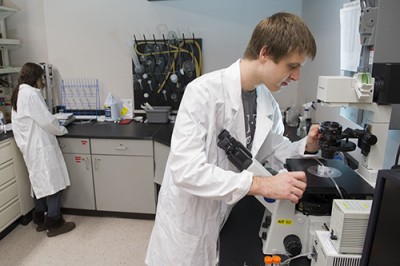Government Shutdown
October 1, 2025
The Federal government has shut down all non-essential spending operations as of midnight 10/1/2025. RIT is monitoring communications from federal funding agencies to see how this may impact RIT. SRS continues to monitor sponsor communications, agency websites, and various IHE associations such as COGR for guidance and will share new information as it becomes available.
Select federal sponsor memos/guidance regarding federal government shutdown


